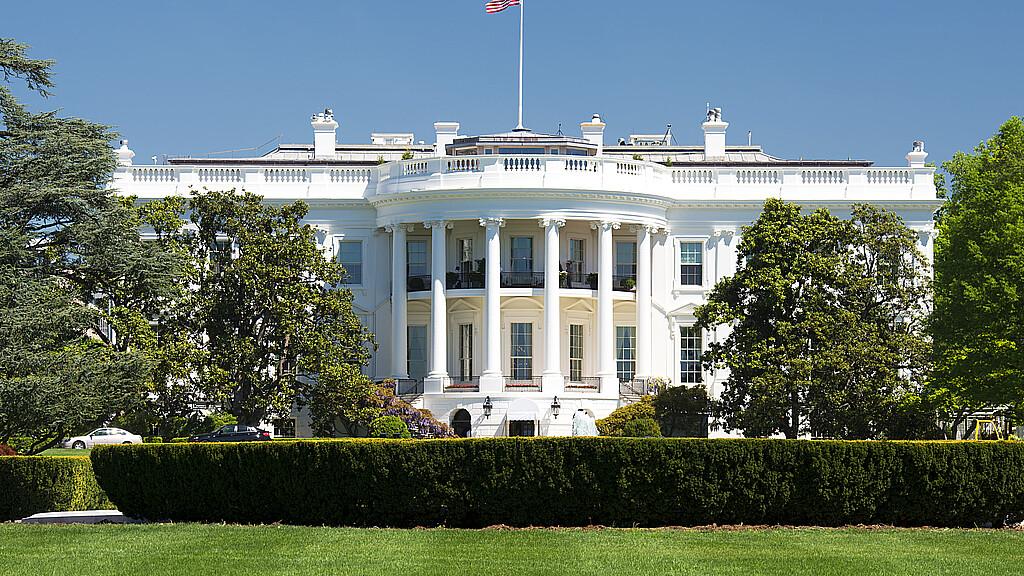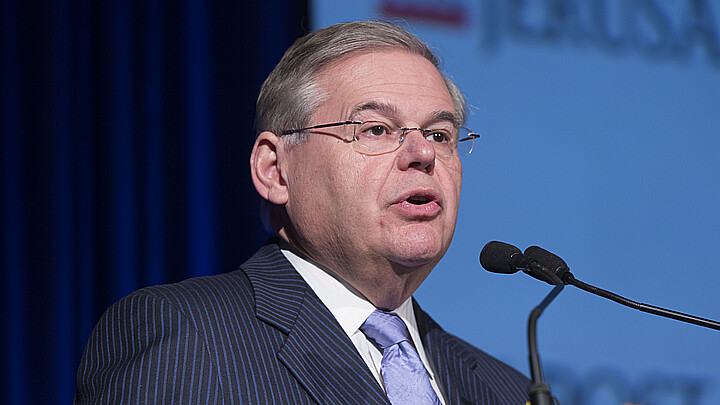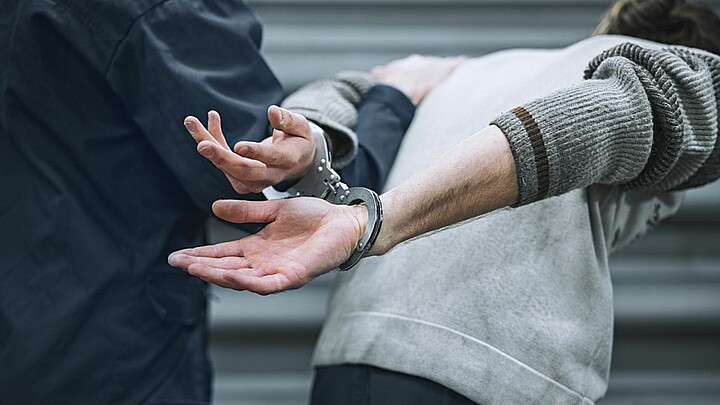Crime
Biden moves to ease marijuana restrictions after saying they disproportionately affect Blacks
Last year, on Oct. 6, President Biden announced from the White House his administration was going to take three steps to reform the criminal justice system, which he asserted was disproportionately affecting minorities, particularly Blacks.

September 1, 2023 8:41am
Updated: September 1, 2023 8:43am
The Biden White House is hoping to ease federal laws related to marijuana possession by removing it from the Schedule I drug classification, a list that also includes LSD and heroin.
Marijuana is currently legal in 39 states medically and 23 states recreationally.
That schedule is for drugs the government has determined has no acceptable medical use and the high potential for abuse.
The administration’s initiative thus far includes asking the Drug Enforcement Agency and Department of Health and Human Services to ease restrictions on marijuana under the Controlled Substances Act, according to a report filed by Just the News.
“The DEA will consider moving marijuana down to a Schedule III drug, alongside ketamine, anabolic steroids and testosterone as a substance that has moderate to low potential for physical or psychological dependence. The recommendation, however, will not de-schedule marijuana,” reports CNBC.
That means that cultivation, production and sales would remain violative of federal law.
Last year, on Oct. 6, President Biden announced from the White House his administration was going to take three steps to reform the criminal justice system, which he asserted was disproportionately affecting minorities, particularly Blacks.
He attributed part of the reason for the high rates of prosecution to drug laws.
“As I often said during my campaign for President, no one should be in jail just for using or possessing marijuana. Sending people to prison for possessing marijuana has upended too many lives and incarcerated people for conduct that many states no longer prohibit.
"Criminal records for marijuana possession have also imposed needless barriers to employment, housing, and educational opportunities. And while white and Black and brown people use marijuana at similar rates, Black and brown people have been arrested, prosecuted, and convicted at disproportionate rates,” the president said from his podium at the White House.
Since the 1970s, marijuana has been listed as a Schedule I drug and ranks higher than cocaine, fentanyl and methamphetamine even though there has been significant political support to legalize it under state laws.
The DEA is currently considering moving marijuana to a Schedule III drug along with anabolic steroids, ketamine, and testosterone, which the U.S. says has moderate-to-low capability to create physical or psychological dependence.
A decision on the matter could come before the upcoming 2024 presidential election.
Under Biden’s three part plan, announced last year, he said he would pardon all federal offenses for simple possession of marijuana and was directing the Attorney General to develop a process to issue certificates of pardon for eligible individuals.
He said this would help create new job opportunities for those who may be prejudiced in the marketplace for such convictions.
Second, the president said he was urging all state governors to follow the White House’s lead on the federal level.
Third, the president said he was asking the Secretary of Health and Human Services and Justice Department to review how marijuana was being scheduled under federal law in Schedule I of the Controlled Substances Act, the classification meant for the most dangerous drugs.
“Finally, even as federal and state regulation of marijuana changes, important limitations on trafficking, marketing, and under-age sales should stay in place. Too many lives have been upended because of our failed approach to marijuana. It’s time that we right these wrongs.”










